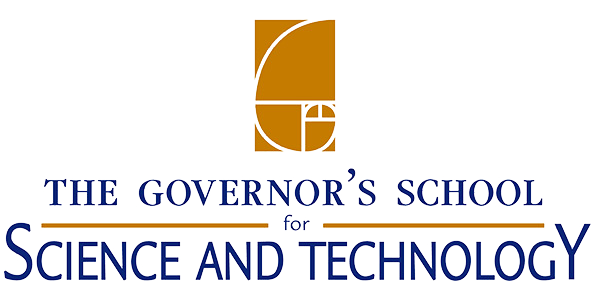Advanced Chemical Analysis
Advanced Chemical Analysis (4471): (2 weighted high school science credits)
Advanced Chemical Analysis_Course Syllabus 2025
The Advanced Chemical Analysis course focuses on the fundamental principles and laws of chemistry. Extensive laboratory work serves as the basic tool for students to explore chemistry concepts. The course provides insights into both inorganic and organic chemistry with an emphasis on problem solving through chemical calculations. During the fall semester, the course focuses on stoichiometry, states of matter, thermochemistry, bonding, atomic structure, periodicity and solutions. During the spring semester, the students focus on the concepts of kinetics, equilibrium, electrochemistry, acid/base chemistry, nuclear chemistry and organic chemistry. Throughout the school year, students utilize various pieces of laboratory equipment such as spectrophotometers. This college-level course examines topics typically studied during the first year of college by science majors.
Advanced Biological Analysis
Advanced Biological Analysis (4371): (2 weighted high school science credits)
Advanced Biological Analysis is a college-level course that examines the topics typically studied in General Biology for biology majors. In the fall semester, topics in the field of cell and molecular biology will be addressed, some of which include the roles of biological macromolecules, cellular organization and metabolism, and cellular processes such as communication, reproduction, respiration, and photosynthesis. In addition, mechanisms of inheritance and control of gene expression, including epigenetic influences, will be examined. In the Spring, evolution, phylogeny, and the diversity of living things will be discussed. The laboratory experience is a major component of the course. Students use contemporary technologies applied in research as well as medical and forensic laboratories, while designing their own experiments and analyzing and interpreting their results. Lab experiences include light microscopy, PCR, gel electrophoresis, study of bacteria, various biochemical analyses, bacterial transformation, and CRISPR-Cas gene editing. The anatomy and physiology of various vertebrate organ systems will be compared while dissecting animals in the laboratory.
